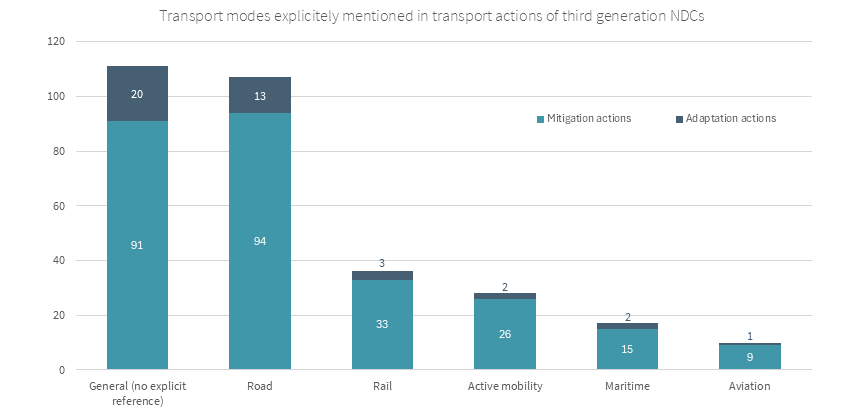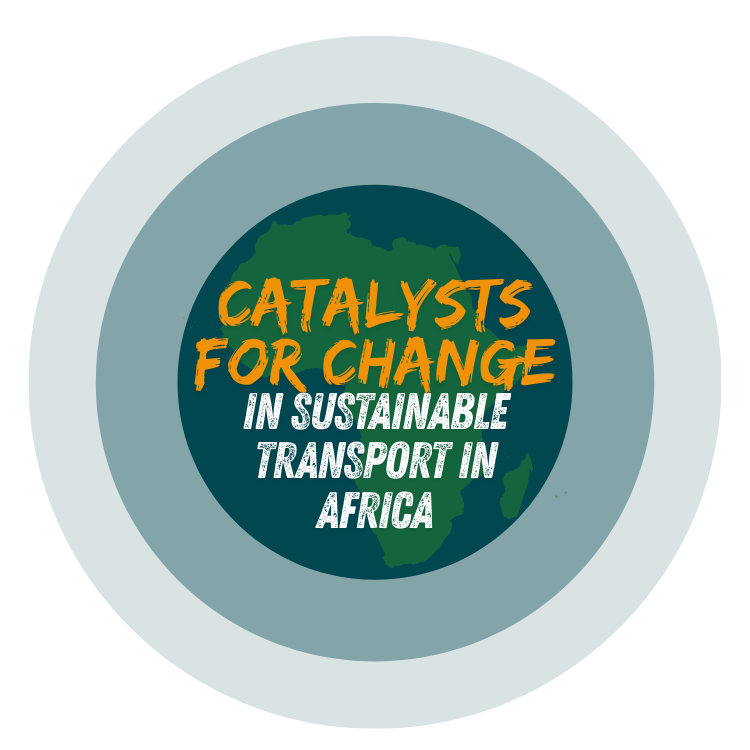The year 2025 marks a crucial juncture for advancing sustainable, low-carbon transport. Countries are expected to submit updated Nationally Determined Contributions (NDCs) with enhanced 2035 targets, referred to here as third-generation NDCs*. These submissions offer a vital opportunity to accelerate climate action in transport, aligning with national strategies and coordinating efforts across governance levels and sectors. This summary analysis outlines findings from the first 23 third-generation NDCs submitted to the United Nations Framework Convention on Climate Change (UNFCCC), as of 16 May 2025.
| For information on the background of this project, please refer to this page. We encourage you to use the NDC Transport Tracker for your own work and research. You can easily work with the Excel file which contains all information of this database and analysis sheets. Find relevant instructions in this how-to use guide. Key insights and good practices from the second-generation NDCs can be retrieved here. |
As of May 2025, a total of 23 third-generation NDCs had been submitted. These submissions are evenly distributed per region and account for 35.8% of global transport emissions (excluding international aviation and shipping). While all the submissions are from countries classified as middle- or high-income by the World Bank, Zambia stands out as a Least Developed Country according to UN definitions.
Progress on targets in new NDCs
The share of NDCs with transport-specific targets continues to grow: from under 25% in the first generation to 46% in the second, and to 52% in third-generation submissions. Seven of the latest NDCs include dedicated greenhouse gas (GHG) mitigation targets for transport, with Switzerland offering a strong example by setting phased goals toward full decarbonisation by 2050.
In total, 23 non-GHG transport targets by eight NDCs were also identified, nearly half of which (44%) focus on zero-emission vehicles. However, many of these ambitions show lack of alignment with energy targets, particularly with regard to renewable electricity, reducing their transformative potential.
This trend indicates that an increasing number of governments are recognising transport as a key climate sector. Strong transport targets create accountability, encourage investment, and help align national climate strategies with net-zero goals.



